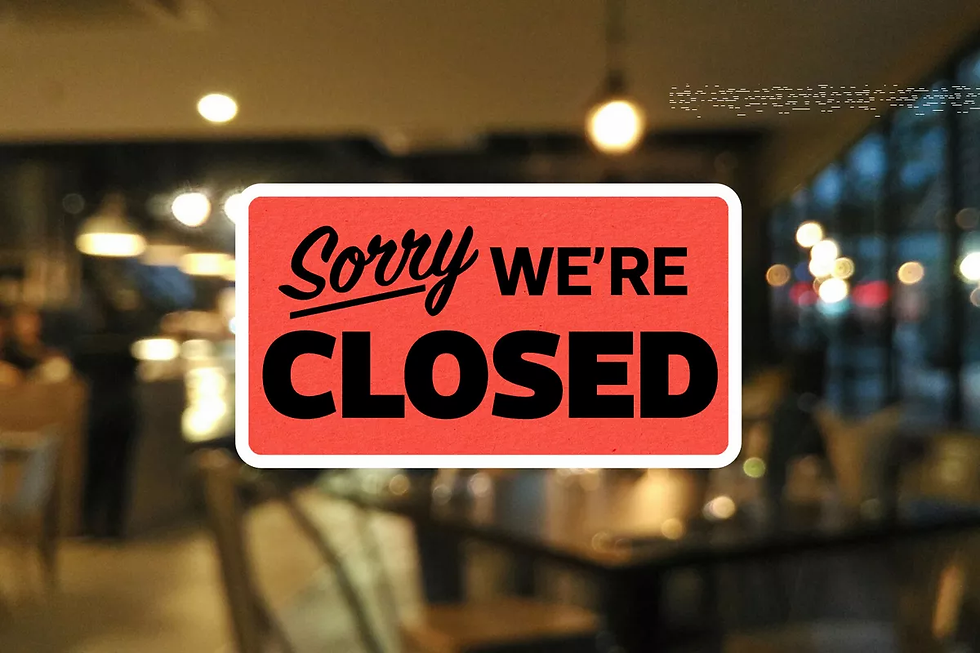Boost Engagement: 7 Simple Strategies for the Restaurant Industry
- restauranthrservic
- Aug 5, 2020
- 2 min read
For many of our clients, employee engagement tops the list. And why shouldn’t it?
When engagement is dialed in and working, the synergistic effect it has on your staff is amazing! Decreased turnover, a happier environment, and more committed employees. Definitely all desirable outcomes, right?
And with the significant restaurant industry turnover rates, now is the time to implement changes.
Here are seven simple strategies to boost employee engagement in your restaurant.
1. Discuss employee progress and growth.
Employees need to know where they stand, and they need to hear it often. Providing positive, constructive feedback, especially at predetermined intervals, is a great way to set expectations and meet that need.
Interestingly, the younger segments of the workforce require more frequent feedback. These employees are used to constant input and quick turnarounds, thanks to growing up with the Internet. But the truth is, most people – regardless of their age, want ongoing feedback.
2. Offer ample training and advancement opportunities.
A whopping 72% of Millennials, a group that will account for almost half of the U.S. workforce in 2020, feel that their skillsets are not being used to the fullest. If you have nearly three-quarters of your staff feeling underutilized, engagement is going to be suffering too.
Providing opportunities to advance or cross-train allows employees to showcase their strengths in other areas and roles. They’ll also be less likely to look for employment options outside of the organization.
3. Be clear in your expectations.
Expectations should be set from the beginning, ideally during the hiring process. And with each new project or endeavor, expectations should be reiterated.
For example, if you expect employees to greet each customer in a specific manner, you have to be clear about that with each and every employee. Leaving someone out of the loop is never good and can quickly lead to resentment – or worse, disengagement.
When you lay the groundwork for expectations, employees then have a benchmark to measure their performance against. They won’t have to guess where they stand, how they’re doing, or if they’re meeting your expectations.
Follow me for more hr payroll outsourcing and leadership insights. For speaking engagements and membership information, visit me here. Or check out my company, Restaurant HR Group, to learn how we help restaurants manage HR, restaurant payroll solutions, and benefits administration.







Comments